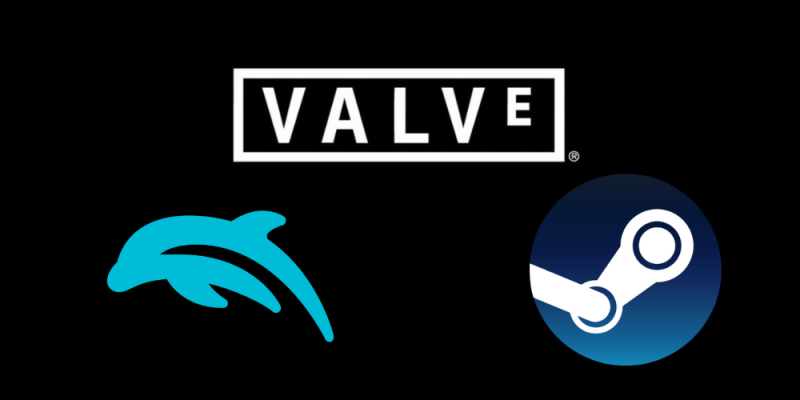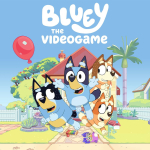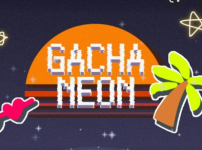Valve Avoids Controversy by Steering Clear of Dolphin Emulator on Steam
June 06, 2023

Valve recently declined to host the Gamecube and Wii emulator Dolphin on Steam, a move that has drawn attention as it highlights the complexities of providing a platform for controversial software. The reason behind this decision stems from legal concerns; Valve has chosen not to become embroiled in the ongoing battle between Nintendo and emulator developers. This marks a significant example of the limitations that the video game distribution giant has imposed on its otherwise open platform.
After Dolphin announced its intention to join the Steam platform, Valve proactively reached out to Nintendo for their stance on the emulator. Nintendo's response came in the form of a legal notice, citing the emulator's violation of the company's intellectual property rights, including the Digital Millennium Copyright Act (DMCA). Valve's decision not to host Dolphin on Steam is rooted in its reluctance to take on the legal liability that may arise from infringements on Nintendo's rights.
Experts in intellectual property and technology law have weighed in on the situation. Kellen Voyer of Voyer Law states that although Valve is not currently hosting any violating content, Nintendo's preemptive legal notice serves as a clear warning. If Valve were to host Dolphin on Steam, it would be directly liable for the emulator, as the DMCA targets companies that provide access to copyright circumvention technology.
Nintendo has been relentless in its efforts to combat emulation and the distribution of ROMs, holding steadfast that these infringements not only hamper innovation but also harm developers' hard work and creativity. Valve is among the many platforms that have chosen to avoid legal entanglements with companies like Nintendo by maintaining strict limitations on the types of software they will distribute.
In conclusion, Valve's decision not to host Dolphin on Steam highlights the delicate balance that exists between providing an open platform for distribution and respecting the legal rights of copyright holders. The move demonstrates that even powerful platforms like Steam must tread carefully when navigating the legal landscape surrounding software distribution, especially when it comes to controversial content that infringes on the rights of prominent entities like Nintendo. The ongoing battle between emulator developers and copyright holders ensures that the line between accessibility and legality will continue to be scrutinized in the foreseeable future.








Leave a comment
Your comment is awaiting moderation. We save your draft here
0 Comments